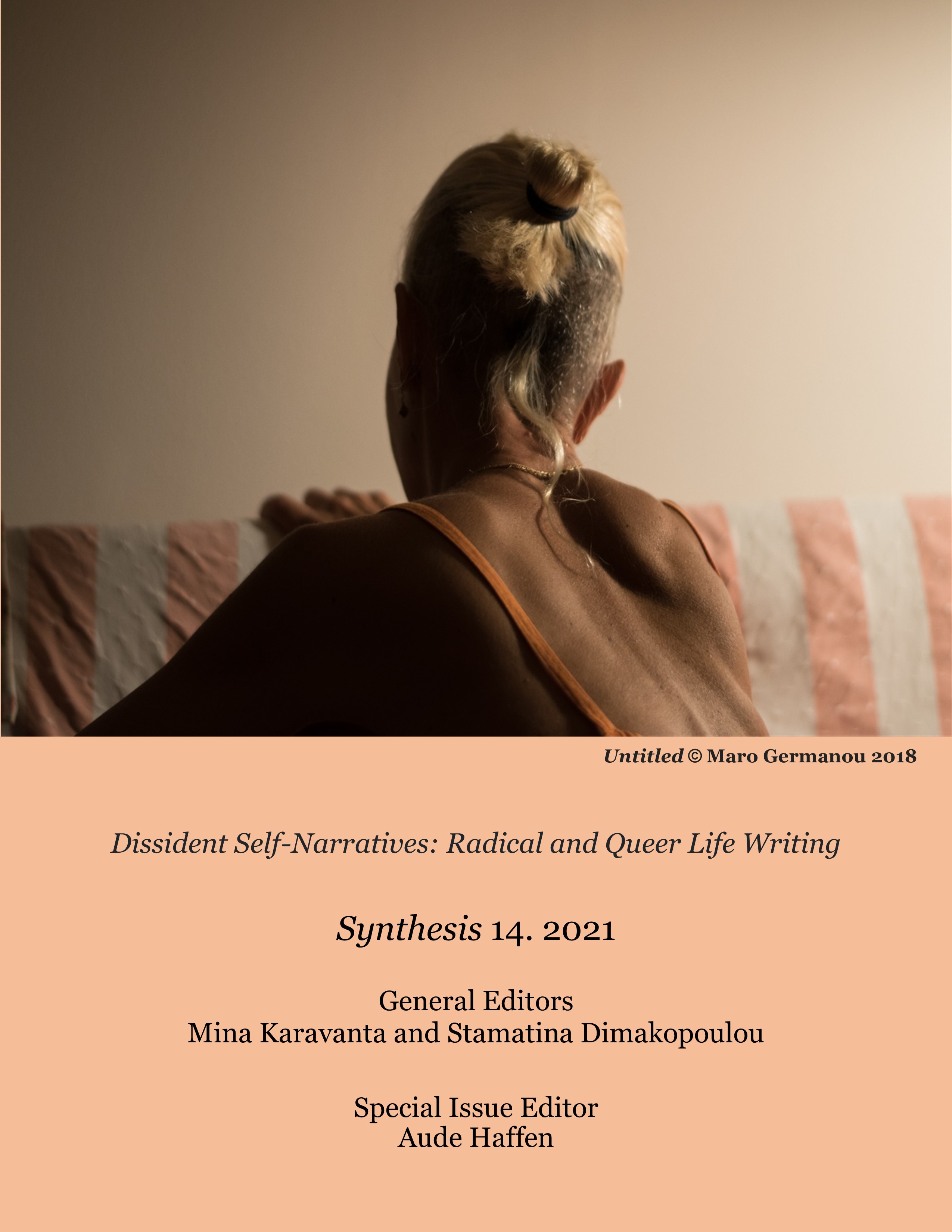Out of Place, Out of Time: (re)writing the abject body in Ceyenne Doroshow’s Cooking in Heels

Abstract
While incarcerated on charges of prostitution, transgender activist Ceyenne Doroshow began to write her memoirs by hand, later to be published in 2012 as Cooking in Heels: A Memoir Cookbook. Blending recipe with personal narrative, Doroshow’s autobiographical cookbook plays with various genres and breaks generic codes, challenging the rules that govern literary production and reception in the West. Far from consisting of the sentimental reflections of a socially-integrated subject, as in the traditional Bildungsroman, Doroshow recounts the painful experiential history of a body for whom the public sphere offers no possibilities for social integration—indeed, upon whose exclusion the dominant social body is constituted. While physical and emotional survival are at the heart of Doroshow’s autobiographical project, ‘survival’ should not be understood as a unified subject’s teleological quest for limitless individual freedom. Rather, for the narrator, ‘survival’ signifies an ongoing struggle to resist forces of humiliation and erasure, to knot together meaningful social bonds, and, ultimately, the capacity to transform the world and change the situation of others. Through interpersonal, experimental acts—cooking, transitioning, autobiographical writing—the psychical and physical body is drawn, always in relation to the other, who can be a source nourishment and strength; but also a source of injury, shame, and violation. This article asks: what alternative models of identity, labor, and agency are put forth in Doroshow’s autobiographical act? In what ways are living and writing at the intersection of multiple marginalised identities generative of new or hybrid life narratives and autobiographical practices?
Article Details
- Section
- Articles

This work is licensed under a Creative Commons Attribution 4.0 International License.
The copyright for articles in this journal is retained by the author(s), with first publication rights granted to the journal. By virtue of their appearance in this open access journal, articles are free to use with proper attribution. Synthesis retains the worldwide right to reproduce, display, distribute, and use published articles in all formats and media, either separately or as part of collective works for the full term of copyright. This includes but is not limited to the right to publish articles in an issue of the Journal, copy and distribute individual reprints of the articles, authorize reproduction of articles in their entirety, and authorize reproduction and distribution of articles or abstracts thereof by means of computerized retrieval systems.



